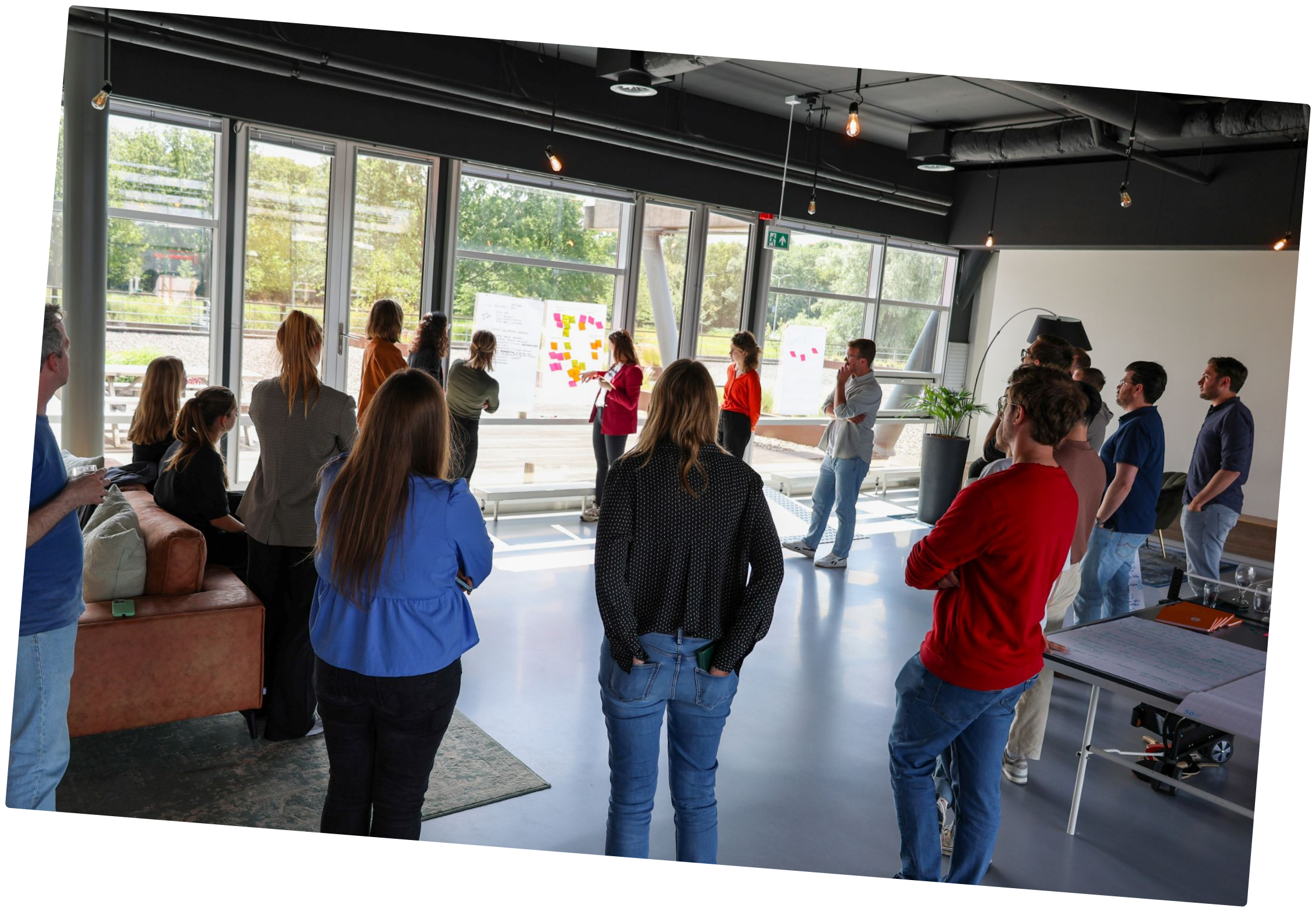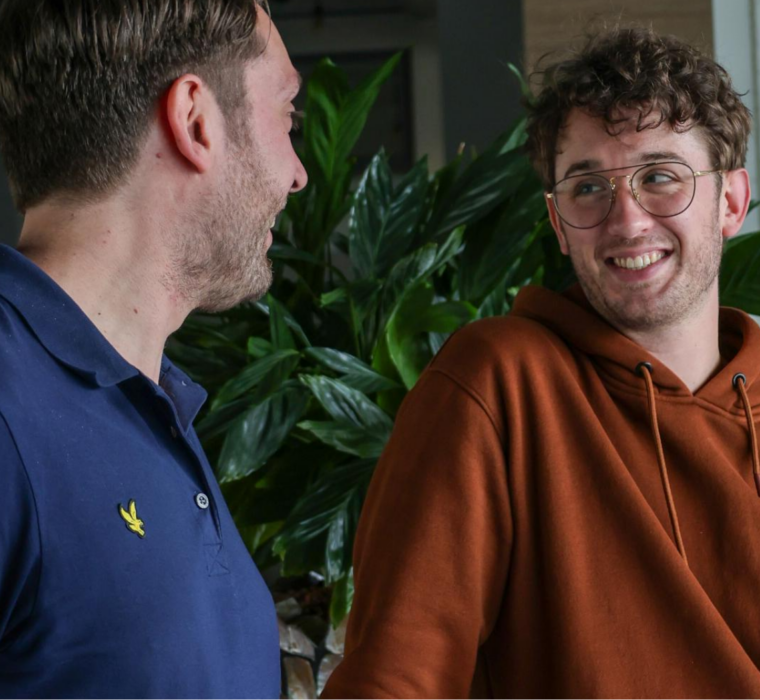
Hey Marco,
That upskilling and reskilling are magic words, you could say yes. In the not too distant past, I was a high school history teacher. And it was especially during my classes on the Industrial Revolution that I could see clearly why the “21st Century Skills” are more than just an educational buzzword.
Educators need to prepare their students to (over)live in the 21st century. But how do you do this? Especially when developments are following each other faster than they did during that Industrial Revolution. What will developments like robotization, AI or Google mean for the world of tomorrow? Because it doesn’t look like these tools are about to disappear….
When vs. why?
At the time, I chose to focus on teaching my students critical thinking skills and logic. Hoping that this would make them flexible in an ever-changing world. Focusing on this automatically left less time for the classical history education of memorizing dates or people. After all, these are things that, since the Google and ChatGPT era, you can look up. Duh! (my former students would have shouted, rolling their eyes so hard you could almost hear it).
Instead, I found it much more important that they could put those easily searchable facts into context, make connections, and defend (or attack) them based on arguments. And that they could say something meaningful about the sources they used in doing so. So not: when was the Battle of Waterloo? But more: why was that Battle of Waterloo important at all? And are there lessons to be learned from it? Reskilling of the highest order.

Fast forward to today…
And here I am today: from history teacher to digital learning specialist at inBrain. No more adolescents around me. Officially then… I won’t name any more names.
Now I suddenly have to adopt the same attitude I used to try to teach my students. For I am in the process of my personal reskilling process. That is, I am in the process of adapting my skills to fit my new work situation. How the twists of Storyline work, what SCORM packages are and how to write a good storyboard. Eventually, I need to master it all. At least before I can begin my upskilling journey. Only then can I eventually become the best equipped digital learning hero out there.
This is all quite a lot and all with the goal that I can eventually help other organizations with their reskilling and upskilling needs. Fortunately, there is plenty of space, time and attention at inBrain for me to do this. For example, I was given a buddy, coach and direction in the form of supervised learning activities. On top of all the helpful colleagues who don’t even sigh when I get stuck in the software again and beg for help.

Why is attention to reskilling and upskilling important?
The need to invest in upskilling and reskilling is greater than ever. Technology is fundamentally changing the way we work. AI and automation are taking over certain tasks, but at the same time creating new functions that require different skills. By including your employees in this, you prevent them from falling behind and give them the opportunity to grow with the organization.
At the same time, the labor market remains tight. Finding new people is difficult. It is therefore much smarter – and more sustainable – to invest in the talent you already have in-house. By reskilling, for example, you can prepare employees for positions that are difficult to fill. This is how you strengthen your own organization from within.
In addition, learning has simply become an important part of job satisfaction. Younger generations in particular place great value on personal development. By offering room for growth, you show that you are investing in your people. This not only increases their commitment, but also the likelihood that they will stay with you.








